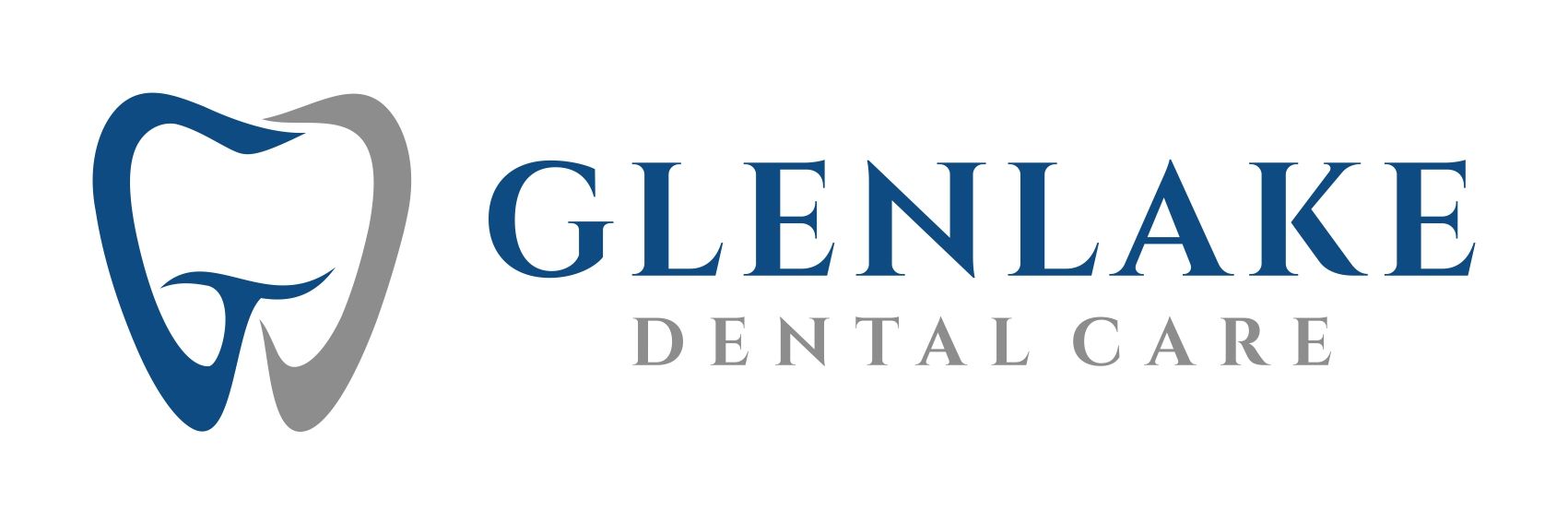Dental Bridges vs Implants: Which Option is Right for You?

When it comes to restoring missing teeth, dental bridges and implants are two popular solutions that offer different benefits and considerations. Choosing between them can be a significant decision, as both have their unique advantages and potential drawbacks. Understanding the differences between dental bridges and implants can help you make an informed choice that best suits your needs. In this article, we'll delve into the characteristics of each option to help you determine which one is right for you.
Dental Bridges
Dental bridges are prosthetic devices used to replace one or more missing teeth by bridging the gap between adjacent teeth. They consist of artificial teeth, known as pontics, held in place by dental crowns attached to the neighboring natural teeth. Dental bridges come in various materials, including porcelain, metal, or a combination of both, offering durability and aesthetic appeal.
One of the significant advantages of dental bridges in Glenview is their affordability compared to implants. Since they rely on neighboring teeth for support, they are often a more cost-effective solution as far as tooth replacement options. Additionally, the process of getting a dental bridge is typically faster and requires fewer dental appointments compared to implants, making them a convenient option for those seeking a quicker restoration.
Moreover, dental bridges can effectively restore chewing function and prevent neighboring teeth from shifting out of alignment. By filling the gap left by missing teeth, bridges help maintain proper dental alignment and prevent potential oral health issues that may arise from tooth loss, such as bone loss and gum recession.
However, it's essential to consider that dental bridges rely on the health and stability of adjacent teeth for support. The preparation of these teeth to accommodate dental crowns may involve removing some enamel, which could compromise their long-term health. Additionally, they do not stimulate the underlying jawbone, which may lead to gradual bone resorption over time.
Dental Implants
Dental implants offer a more comprehensive and long-term solution for replacing missing teeth. Unlike bridges, implants replace both the tooth root and the visible crown, providing a stable and natural-looking restoration. The implant itself is a small titanium screw surgically placed into the jawbone, where it fuses with the bone through a process called osseointegration. Once fully integrated, a custom-made dental crown is attached to the implant, creating a durable and functional tooth replacement.
One of the primary benefits of dental implants is their ability to mimic the function and appearance of natural teeth closely. Since implants replace the tooth root, they provide excellent stability and support for chewing and speaking, often feeling indistinguishable from natural teeth. Additionally, implants stimulate the jawbone, helping to prevent bone loss and maintain facial structure over time.
Moreover, dental implants offer a standalone solution that does not require altering adjacent teeth. Unlike dental bridges, which rely on support from neighboring teeth, implants are self-supporting, preserving the integrity of surrounding teeth and minimizing the risk of complications.
However, it's important to note that dental implants require a more extensive and invasive procedure compared to dental bridges. The process involves multiple stages, including implant placement surgery, osseointegration, and crown placement, which may extend the overall treatment timeline. Additionally, implants may not be suitable for everyone, as adequate jawbone density and overall oral health are necessary for successful implantation.
Choosing the Right Option for You
When deciding between dental bridges and implants, several factors should be considered, including your oral health, budget, and personal preferences. If you're looking for a more affordable and faster solution that preserves adjacent teeth, a dental bridge may be the right choice for you. On the other hand, if you prioritize long-term stability, natural function, and aesthetics, dental implants offer a comprehensive and durable option worth considering.
It's essential to consult with a qualified dentist or prosthodontist to assess your individual needs and determine the most suitable dental treatment in Glenview. They can evaluate your oral health, discuss your goals and preferences, and provide personalized recommendations based on your unique circumstances.
Ultimately, both dental bridges and implants offer effective solutions for replacing missing teeth, each with its own set of advantages and considerations. By understanding the differences between these options and consulting with a dental professional, you can make an informed decision that restores your smile and enhances your overall oral health and quality of life. Whether you opt for a dental bridge or implants, investing in
restorative dentistry can provide lasting benefits for years to come.











